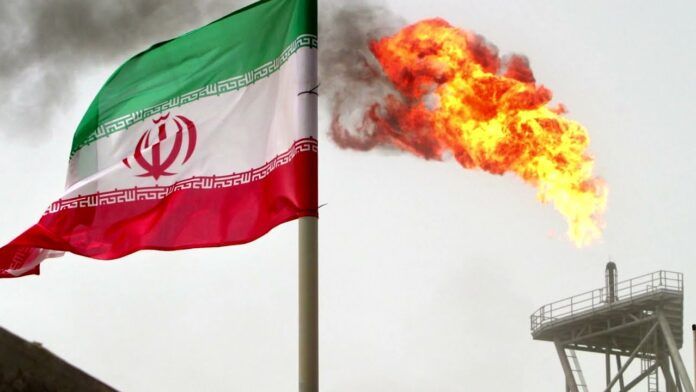Amid heightened geopolitical tensions in the Middle East, oil prices showed a surprising drop after Iran’s recent retaliatory actions against Israel
Oil prices experienced a decline on Monday, despite the escalation of hostilities between Iran and Israel over the weekend. Brent crude, a major benchmark for international oil prices, fell to around $89.50 a barrel after approaching a six-month high of $92.18 last week. This drop occurred even as markets had anticipated Iran’s response, which followed an alleged Israeli attack on its consulate in Damascus on April 1.
The situation in the Middle East remains tense, with Israeli Defence Minister Yoav Gallant stating that the confrontation with Iran is “not over yet.” This ongoing geopolitical strife has significant implications for global markets, particularly for oil, given the region’s pivotal role in worldwide energy supplies.
Despite the potential for further disruptions, experts indicated that the current market reaction suggests a lack of immediate concern regarding additional threats to oil supply. Energy analyst Vandana Hari highlighted that the market does not presently see the need to adjust prices for an increased supply threat.
However, the dynamics could shift rapidly. Peter McGuire from XM.com noted that oil prices could surge if Israel escalates its military response. Conversely, April LaRusse from Insight Investment observed that markets might remain stagnant until more information becomes available, suggesting that prolonged regional tensions have led to a tempered response from global markets.
Investors are particularly watchful of any impact on the Strait of Hormuz, a critical chokepoint through which about 20% of the world’s oil supply passes. Recent actions, such as Iran’s seizure of a commercial ship linked to Israel in this strategic waterway, underscore the potential for significant disruptions.
As the markets absorbed the impact of the weekend’s events, global stock markets, including the UK’s FTSE 100, also experienced slight declines. The price of gold, often regarded as a safe-haven asset during times of uncertainty, receded from its record high on Friday.
The uncertainty in the Middle East adds to the challenges facing global economies, particularly as they deal with the ongoing repercussions of high energy prices on inflation and cost of living. The situation remains fluid, with the potential to affect not just regional but global stability and economic conditions
